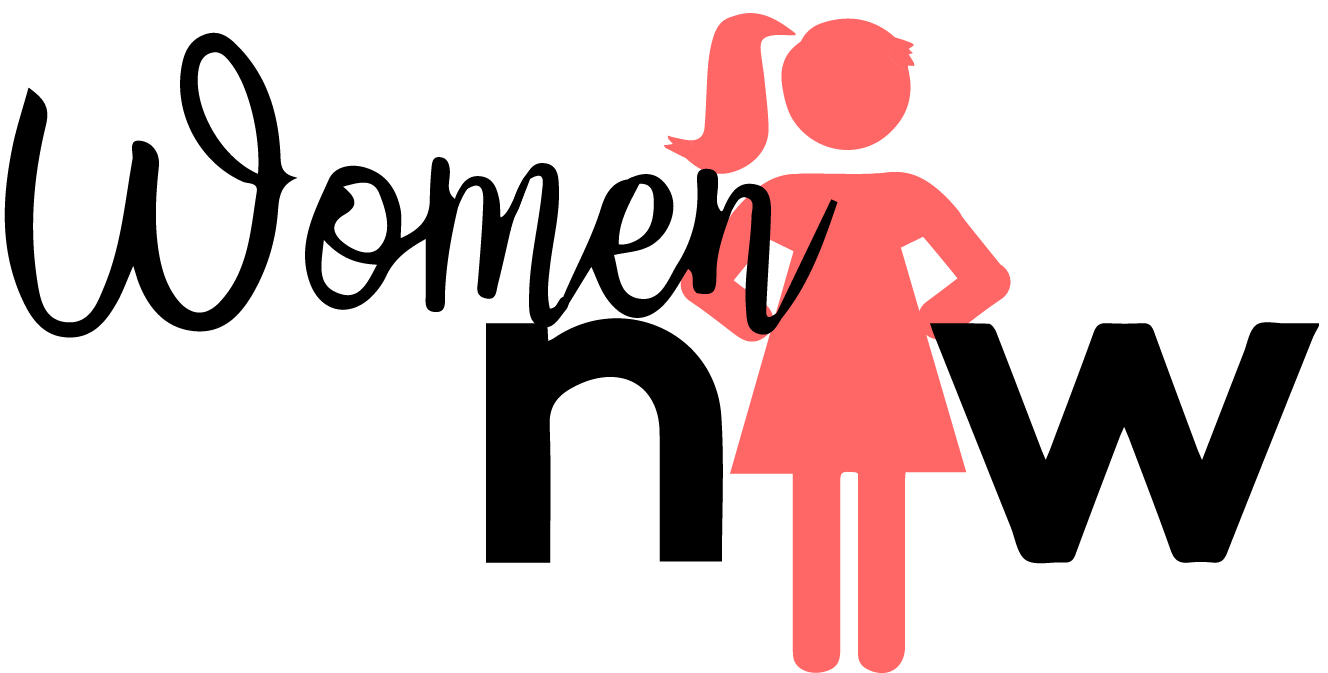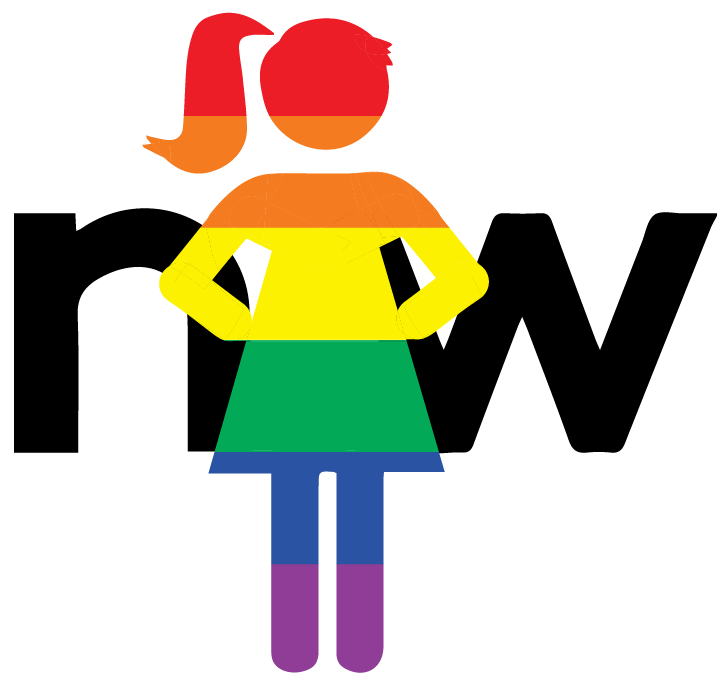Finding My Purpose and a Place of Belonging
An interview with author and ServiceNow Developer Isela Phelps
Isela Phelps is a ServiceNow Developer at Utah State University, as well as a loom knitting designer known as the “Loom Knitting Queen.” She is the author of nine books on loom knitting and the founder of http://www.loomknit.com/.
In this article, Isela tells us how she merges her passion for higher education and creative problem solving to streamline student services through ServiceNow. You can read more about her amazing story in this article from Utah State University.
Hi Isela! Tell us a little bit about yourself.
I’m a once-upon-a-time Academic Advisor, Physical Education teacher, knitting designer, and Zumba instructor. I have worn many hats in my lifetime, and the latest one is the one of a ServiceNow Developer. I still suffer from imposter syndrome, even though I have held this title for four years. I am a firm believer of “live it and become it!”
Many times, I feel that I do not belong. I am much better at talking with people than “talking” to my computer. But here I am, living it until I become it.
How did you end up as a ServiceNow Developer?
Would you believe that the stars were aligned, and I was handed a huge gift? Because that is really the way it felt.
One day, I was browsing the job postings at the university and I saw an opening for a ServiceNow Apprentice. At the time, I had applied to a master’s program in Information Systems. I thought the job’s hands-on experience and the pending degree would go great together. I applied and interviewed, and I was fortunate to be offered the position; yes, they took a shot on someone who barely knew how to turn a computer on.
My background had been completely in academic services, serving in a professional role to assist students. My fervor for advocating for students had driven me 100% throughout my previous job. As I entered this new area, I had to find my purpose and allow my passion to drive me forward.
It wasn’t until my second year [as a ServiceNow Apprentice] when I realized that I can improve the processes that students/staff/faculty touch on an everyday basis. It was at that moment that I realized that my job did have a purpose and my love for my job grew.
Now I recognize that with each project that lands on my desk, I have the opportunity to analyze departmental processes and suggest changes that can benefit students and make their higher education experience easier. My job as a student advocate remains intact, but now it is through completing slightly different tasks. ServiceNow is revolutionizing the way we serve students at our institution, and I am part of that great effort.
How was the shift from a high-touch job like academic advising to one that is mainly a solitary gig?
It was quite difficult to adapt to a job where outside interaction is almost non-existent. I went from seeing hundreds of students each week to seeing none. This change was extremely difficult mentally.
I am not going to lie—at the end of many workdays, I cried in my car. I cried for my ineptitude at a job where I was underqualified and where I was expected to produce deliverables (my type A personality came in and taunted me each day). I cried because I felt so lonely. I cried because I missed all my friends from my previous position. I had gone from one of the most social jobs at the university to a cubicle where I hardly spoke to a soul a day.
One day, I ran an experiment to see how many individuals I spoke to in a nine-hour day. The result: two people. One was a colleague who said good morning and the other was the person with whom I ordered lunch. It was one of the “low” days of my job. During my first year, I thought of quitting every day. I really missed what I had before, and my loneliness crept into my heart. I would see my colleagues from my previous job for lunch and I would become so involved in their job conversations that it felt so easy to slip back in. Perhaps it was my passion for [my former] job that made it easier, or perhaps it was that I felt that I was lacking the hard skills necessary for the new job.
I decided to give myself time to learn and adapt to my new environment. I realized that I need to have grace towards myself. Four years into this wonderful new journey and I am in love with my decision to “bet on myself.” I am still one of the most “talkative” people in my team and I don’t think that is ever going to change. It may be my cultural background that comes into play here more than my personality, or a combination of both. I have also found other sources where I can maintain a “social professional life,” such as the ServiceNow Slack channel or the ServiceNow Community.
What are some things that you are proudest of in your current role?
Professionally, the ability to help departments serve the students in a more efficient way. I am able to bring my previous expertise and insight as an academic advisor to continue to advocate for students. I am now serving in a capacity where I can develop and automate processes to benefit the student community.
I am most personally proud that I didn’t give up on myself. I gave myself time to adapt and learn. I gave myself permission to fail over and over, each time focusing on the positives from the situation.
In your professional background, your previous jobs emphasized soft skills. It appears that the switch in careers also brought a switch in skills. Can you tell us more about that?
Yes; my biggest crucible is my constant path into learning to code and understanding others’ code, or other technologies and how they interact with the platform. I believe I am quite proficient in translating and understanding the needs of my clients, and in turn, creating the solutions they need. But learning the “hard skills” has not been easy. I compare it to learning the English language and I remind myself that I did not learn English in one or two years. It took many years. Learning to code will also take time. I must give myself grace and pat myself on the back when I learn something new.
How could your perspective encourage other women in your situation to apply to developer positions?
I believe that keeping an open mind and being willing to learn is imperative in any situation, and this is the same whichever way you identify. Entering a field that is male dominant can be intimidating at times. However, it is important to realize that each one of us has an impact in our organization. We can be the catalyst for change.
If there are other women with a background similar to mine who are given a similar opportunity, I hope that they are willing to bet on themselves and go for it. Go into it with a willingness to learn, to adapt, and to grow. And be courageous enough to participate by voicing ideas and opinions.
Is there more room for growth? Where do you want to go from here?
The beauty of ServiceNow is that it is constantly changing and improving. With these improvements comes the opportunity for growth. As to where I see myself in the future, my personality is one that allows me the freedom to try new things. I love the excitement of having new things to learn, new processes to build, and new individuals with whom to collaborate.
At some point, I would love to return to a place where I can advocate for students in a different capacity; perhaps in the Student Affairs realm. Until then, though, I am extremely happy to be at a place where I can learn, where my voice is heard, and where I feel valued.


